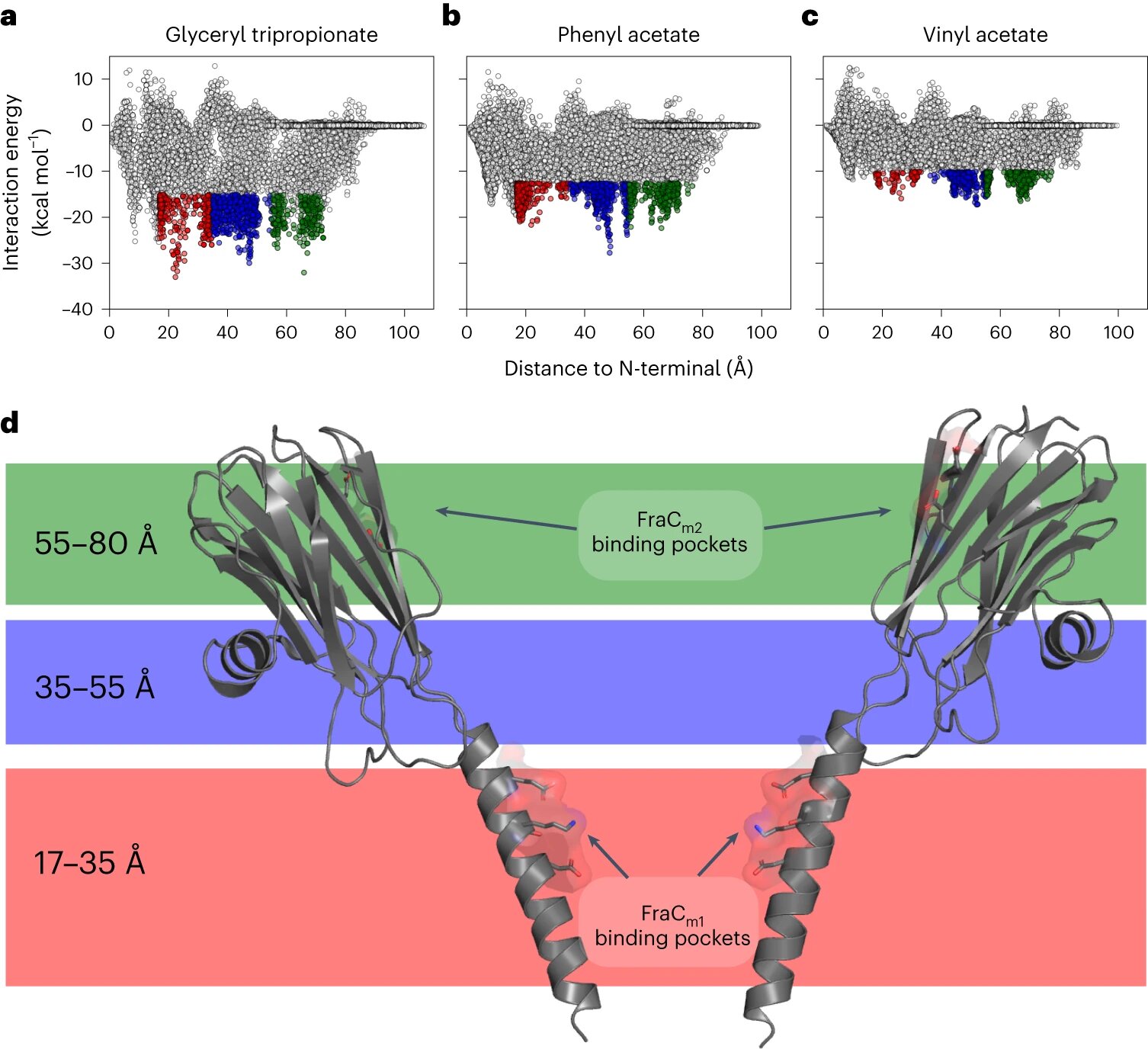I’m concerned about efforts like that because while it’s bad that plastics don’t degrade in the environment, we also depend on plastics not degrading as part of why we use them.
The correct path seems to be using this tool more responsibly instead of potentially breaking it entirely. Plastics weren’t even common 100 years ago.
One thing I think should be a main path is replacing petroplastic with biodegradable bioplastics like PLA. Then we don’t intentionally break plastics that are important because they don’t degrade, and we don’t pollute the environment with consumable plastic that can’t biodegrade. With much less stuff to recycle it should be easier recycling the Petro plastics.
Where did it state in the science that this synthetic man made protein is somehow going to escape its purpose and gain a foothold globally?
I think you’re confusing plastic eating bacteria with this, they are two very different things.
Ah, fair enough. I was imagining something more like plastic eating bacteria and the like.
How would they synthesise this protein then?
I would have thought they’d insert the DNA for it into a bacterium to produce it at scale, even if the protein is extracted and applied to the plastic separately. They could add an artificial environmental dependency to stop it replicating outside, but I’m not sure that’s foolproof.
I don’t think it’s a likely outcome, but without details on usage it’s hard to know. (Also not being a biologist doesn’t help)
PLA as in polylactic acid, like 3d printer filament? From my understanding that stuff is recyclable, but only if you get it to a recycling center with the right equipment. It doesn’t break down much faster than PETG in the environment afaik.





